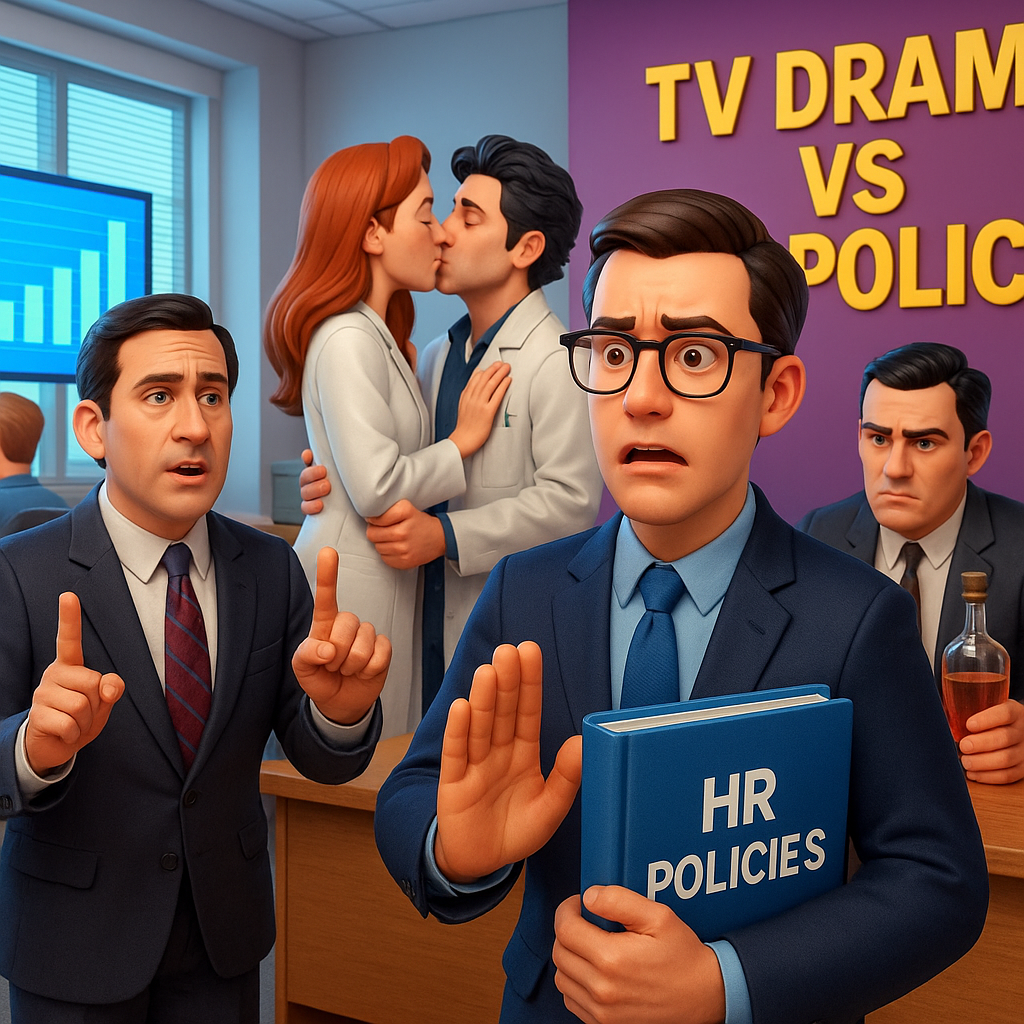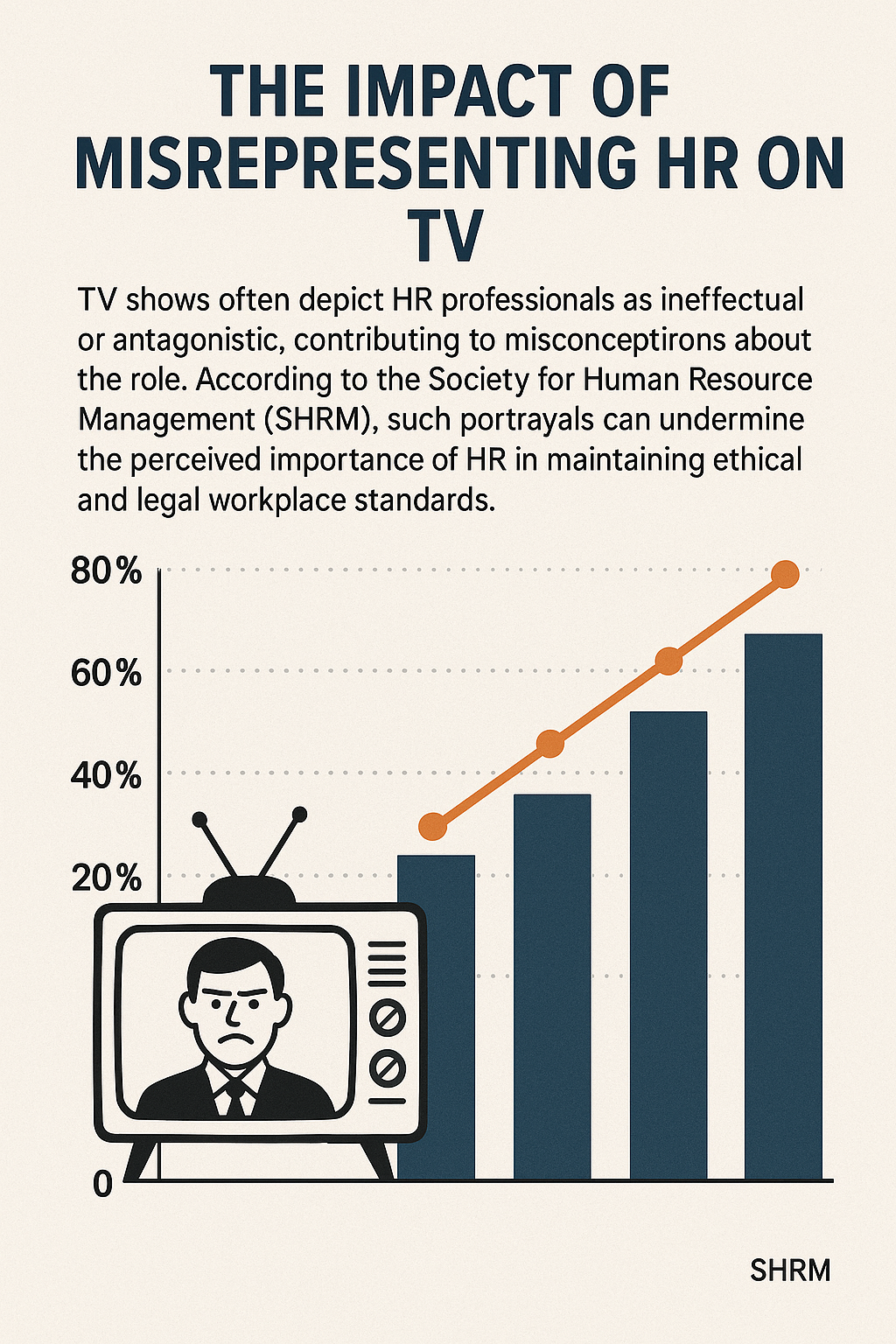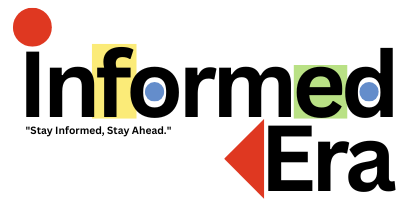
📚 Table of Contents
-
Introduction: When TV Breaks the HR Rulebook
-
Why HR Policies Exist (And Why TV Ignores Them)
-
Scene 1: The Office – “World’s Best Boss” or HR Nightmare?
-
Scene 2: Grey’s Anatomy – Romance in the Operating Room
-
Scene 3: Mad Men – Liquor, Lies, and Legal Trouble
-
Scene 4: Suits – Faking Credentials, Real Lawsuits
-
Scene 5: Friends – Workplace Dating Without Boundaries
-
Scene 6: House of Cards – Power Plays and HR Maydays
-
Scene 7: The Morning Show – Real-World Scandal, Real HR Lessons
-
Case Study: How Netflix’s “The Chair” Reflects Real Academic HR Woes
-
HR Expert Reactions: What Should’ve Happened Instead
-
Stats: Workplace Misconduct and Media Influence
-
Conclusion: Can Drama and Policy Ever Coexist?
-
FAQs: What HR Questions Do TV Fans Ask Most?
-
Related Read:👉 Corporate Life, But Make It TV: 8 Characters Reimagined
🎬 Introduction: When TV Drama Meets HR Reality
Television frequently depicts tense, humorous, and dramatic workplaces. Even though these situations are entertaining to watch, they usually feature actions that would be improper—or even unlawful—in actual workplaces. This article explores seven such cases where HR policy and TV drama collide, providing insights into the practical ramifications of these made-up scenarios.
📺 7 TV Scenes That Clash with HR Policies
1. The Office (US) – Michael Scott’s Inappropriate Behavior
Michael Scott’s management style is riddled with inappropriate jokes and unprofessional conduct. In one episode, he organizes a “Diversity Day” seminar, mocking various cultures and reinforcing stereotypes.
HR Perspective: Such behavior would violate workplace harassment and discrimination policies. Employers are required to provide a safe and respectful environment, and failure to do so can lead to legal consequences.cdn1.nbcuni.com+2ManageBetter+2HR Grapevine+2
2. Mad Men – Workplace Sexual Harassment
The series depicts numerous instances of sexual harassment, including unwelcome advances and sexist remarks. These behaviors are often shown as commonplace in the 1960s advertising world.
HR Perspective: Today, such actions are strictly prohibited under workplace harassment laws. Employers must take immediate action to address complaints and prevent hostile work environments.
3. Suits – Unauthorized Practice of Law
The character Mike Ross practices law without a license, with the firm’s knowledge and complicity.Glamour
HR Perspective: Hiring unqualified individuals for professional roles can lead to severe legal and ethical issues. Employers must verify credentials and ensure compliance with industry regulations.
4. Grey’s Anatomy – Romantic Relationships Among Staff
The show features numerous romantic entanglements among hospital staff, often leading to conflicts of interest.
HR Perspective: While workplace relationships aren’t illegal, they can create complications. Organizations should have clear policies regarding fraternization to prevent favoritism and maintain professionalism.
5. Brooklyn Nine-Nine – Inappropriate Workplace Pranks
Characters frequently engage in elaborate pranks, some of which involve tampering with personal property or creating unsafe situations.
HR Perspective: While camaraderie is valuable, pranks that compromise safety or respect can lead to disciplinary action. Employers must enforce policies that uphold workplace decorum.G&A Partners+1cdn1.nbcuni.com+1
6. The Newsroom – On-Air Outbursts
Anchor Will McAvoy delivers a controversial on-air rant, expressing personal opinions during a news broadcast.
HR Perspective: Employees representing a company publicly must adhere to communication guidelines. Unapproved public statements can damage an organization’s reputation and lead to termination.
7. The Bear – Toxic Kitchen Environment
The show portrays a high-stress kitchen with frequent yelling, insults, and aggressive behavior among staff.
HR Perspective: A hostile work environment can lead to employee burnout and legal issues. Employers are responsible for fostering a respectful and supportive workplace culture.
📊 Case Study: HR Analysis of “The Office” Scenarios
In a video by Glamour, HR expert Deb Muller analyzes various workplace scenarios from TV shows, including “The Office.” She highlights how Michael Scott’s behavior would be unacceptable in a real office setting, emphasizing the importance of proper HR training and policies. Glamour+1YouTube+1
 SHRM
SHRM
❓ FAQs
Q1: Why do TV shows often misrepresent HR practices?
A: For dramatic effect, shows exaggerate or overlook HR protocols to heighten conflict or humor.
Q2: Can workplace behaviors depicted on TV influence real-life conduct?
A: Yes, media representations can shape perceptions, potentially normalizing inappropriate behavior if not critically assessed.
Q3: What should viewers keep in mind when watching workplace dramas?
A: Recognize that these are fictionalized accounts and not accurate reflections of professional standards or legal requirements.
📝 Conclusion: Bridging the Gap Between Fiction and Reality
Even though dramatized workplace situations on television offer entertainment, it’s important to distinguish fact from fiction.
Respectful work environments and the maintenance of professional standards are fostered by an understanding of actual HR policies.
Viewers can gain a greater understanding of the significance of ethical behavior in the workplace by critically analyzing the behaviors portrayed on screen.
🎬 Loved This Movie-Career Mashup?
Don’t stop here—take a fun leap into the wildest corporate twists on iconic characters!
👉 Corporate Life, But Make It TV: 8 Characters Reimagined
See what happens when your favorite TV legends step into the 9-to-5 grind!
- How to Launch Baseball Merch & Earn While You Sleep - August 6, 2025
- 7 LinkedIn Hacks Every Baseball Pro Should Use in 2025 - August 5, 2025
- Grow a Baseball Newsletter: 7 Job Tips That Drive Subscribers - August 5, 2025








1 thought on “TV Drama vs HR Policy: 7 Scenes That Cross the Line”